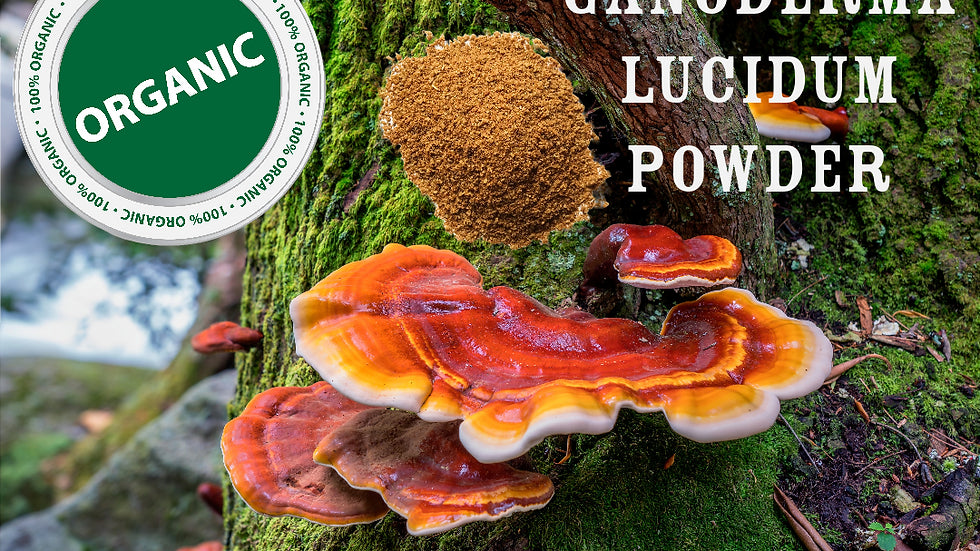
Healing Herbals
Reishi (Ganoderma) Mushroom Powder
Reishi (Ganoderma) Mushroom Powder
Couldn't load pickup availability
Reishi Mushroom Powder
Our Reishi Mushroom Powder is made from 100% organically cultivated Ganoderma lucidum. Dried and powdered into a powder that can be added smoothly to food, drinks or tea.
Ingredient
- 100% Certified Organic Reishi Mushroom Powder (Ganoderma lucidum)
Proper Dosage
- Take ¼ to ½ teaspoon once daily. Take in tea, soups, coffee, or in smoothies.
Taste Character
Bitter and earthy character tempered by cocoa, spice, or natural oils.
Storage
Keep in a dry, cool location, re-sealing after use and away from direct sunlight.
FDA Disclaimer
This product is not evaluated by the Food and Drug Administration. It is not designed to diagnose, treat, cure or prevent disease. If you are pregnant, breastfeeding, taking medication or are under medical supervision, consult a licensed health professional before using this product.
Share


Here at Healing Herbals Store
We carefully select suppliers who share our commitment to environmental stewardship and minimize waste through eco-conscious or reused packaging whenever possible. We prioritize supporting fair labor practices and are currently investing in regenerative farming methods, so every product reflects our dedication to both quality and the health of our planet. Shop now!

